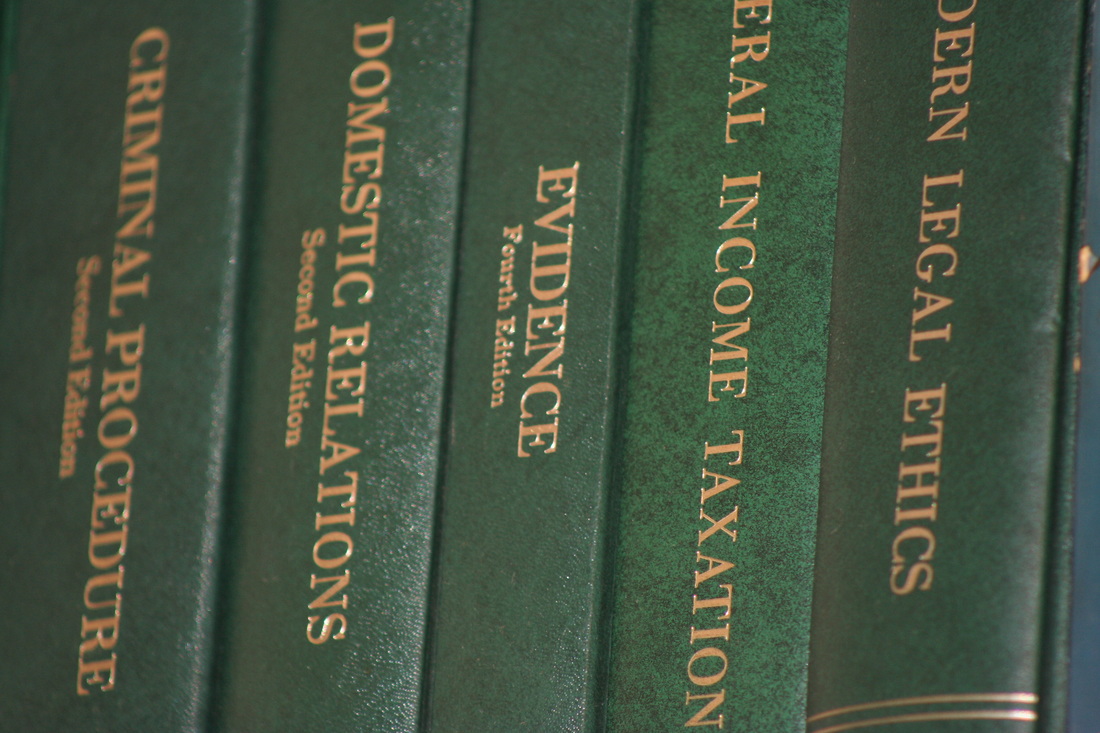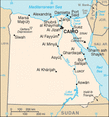What must a translator of legal documents be capable of?
First of all they must be fully competent in the language from which they translate (the source language) and in the one into which they translate (the target language). The latter in most cases will be the individual’s mother tongue. Competence in language means more than being conversant and extends to a level of knowledge of the target and source languages beyond mere conversational or everyday language.
Take, for instance, the translator who translates into his or her native language when that is British English. A competent linguist who translates impressive marketing or tourism related documents with precision, creativity and diligence can be said to be an excellent translator with a good sense of linguistic style and wide-ranging vocabulary in the source language and particularly in English.
First of all they must be fully competent in the language from which they translate (the source language) and in the one into which they translate (the target language). The latter in most cases will be the individual’s mother tongue. Competence in language means more than being conversant and extends to a level of knowledge of the target and source languages beyond mere conversational or everyday language.
Take, for instance, the translator who translates into his or her native language when that is British English. A competent linguist who translates impressive marketing or tourism related documents with precision, creativity and diligence can be said to be an excellent translator with a good sense of linguistic style and wide-ranging vocabulary in the source language and particularly in English.
 Legal language of the English legal system
Legal language of the English legal system It cannot be presumed, however, and nor would the translator him or herself make such a claim, that the translator’s vocabulary or comprehension of any randomly suggested subject matters extends beyond that of a layperson in a wide range of reading materials or even has a working knowledge of every possible industrial, technical, commercial or literary field presented before him or her. Understanding of a subject matter is closely connected with personal interest and inherent ability to process a given subject. What an individual finds uninteresting will not inspire him or her to write or read about it.
When you consider legal language, it is typically associated with long, split sentences and archaic vocabulary. Therefore, it is essential that the reader has an aptitude for analysing such sentence structures and working out the true meaning of the terms used. Now put this concept into the context of a foreign language. The drafter of the foreign language legal text more than likely has native proficiency in that language and in the legal language of his or her jurisdiction.
Now we have two players: the drafter of the foreign text and the English recipient of the same text. Both are fluent in their respective language and in their use of legal terminology and are likely to be providers of law firm services but there is a gap in the middle. That central void must be filled by a third person who is fluent in both the foreign and the English legal system.
Cue the search for a translator of legal documents. It is not an easy search since finding one who can confirm their linguistic capabilities in the specified languages and who also has the requisite level of competence in legal language is often time consuming and arduous. The translator sought after must have the abilities of both parties mentioned above, namely similar linguistic fluency and similar legal knowledge – both in duplicate.
To summarise, do not presume qualification as a translator is authority to translate every kind of material. The most competent translator of legal documents will have a working knowledge and understanding of at least two legal systems to a level similar to, or occasionally equal to, that of a practitioner of law firm services.
When you consider legal language, it is typically associated with long, split sentences and archaic vocabulary. Therefore, it is essential that the reader has an aptitude for analysing such sentence structures and working out the true meaning of the terms used. Now put this concept into the context of a foreign language. The drafter of the foreign language legal text more than likely has native proficiency in that language and in the legal language of his or her jurisdiction.
Now we have two players: the drafter of the foreign text and the English recipient of the same text. Both are fluent in their respective language and in their use of legal terminology and are likely to be providers of law firm services but there is a gap in the middle. That central void must be filled by a third person who is fluent in both the foreign and the English legal system.
Cue the search for a translator of legal documents. It is not an easy search since finding one who can confirm their linguistic capabilities in the specified languages and who also has the requisite level of competence in legal language is often time consuming and arduous. The translator sought after must have the abilities of both parties mentioned above, namely similar linguistic fluency and similar legal knowledge – both in duplicate.
To summarise, do not presume qualification as a translator is authority to translate every kind of material. The most competent translator of legal documents will have a working knowledge and understanding of at least two legal systems to a level similar to, or occasionally equal to, that of a practitioner of law firm services.



